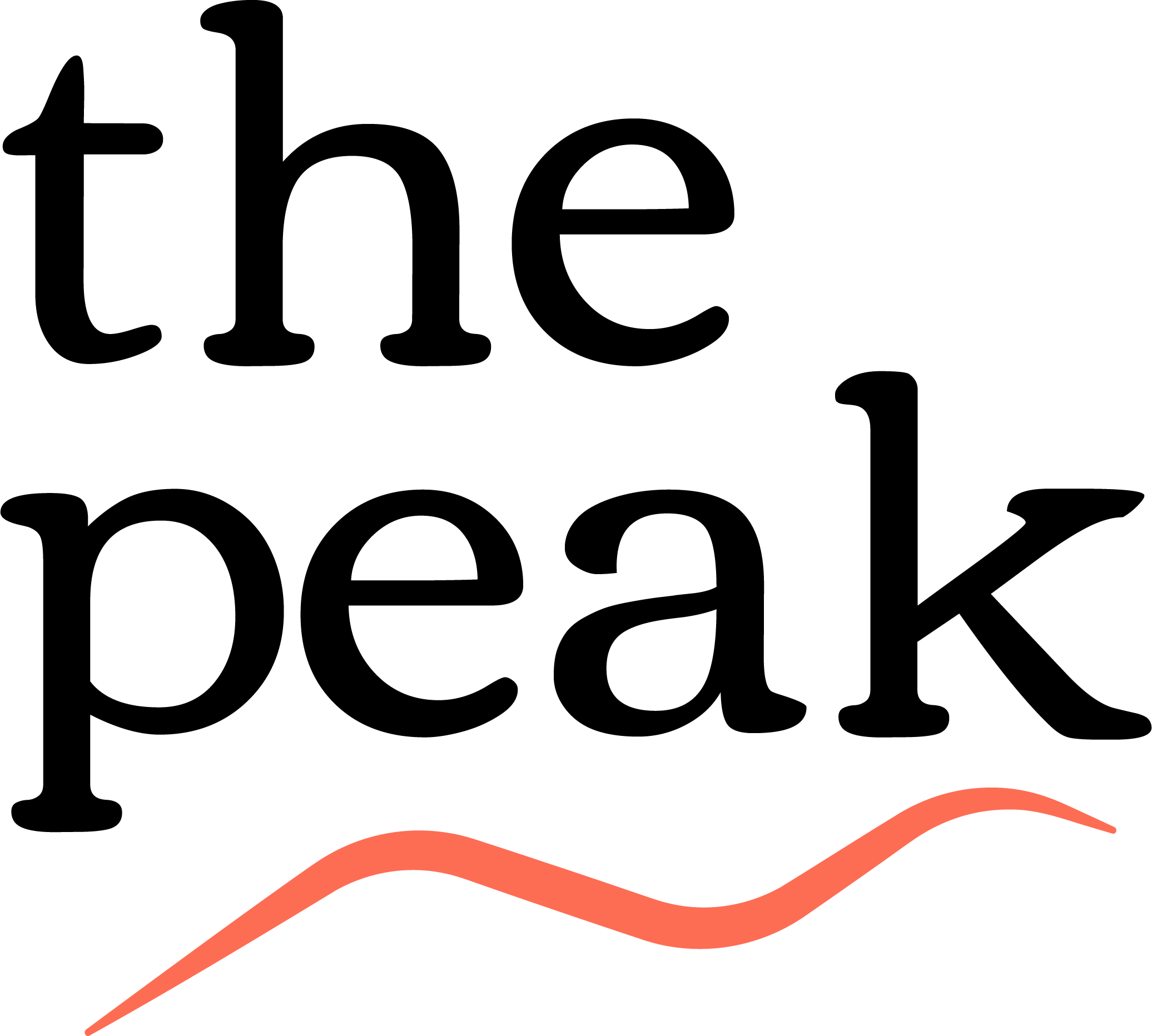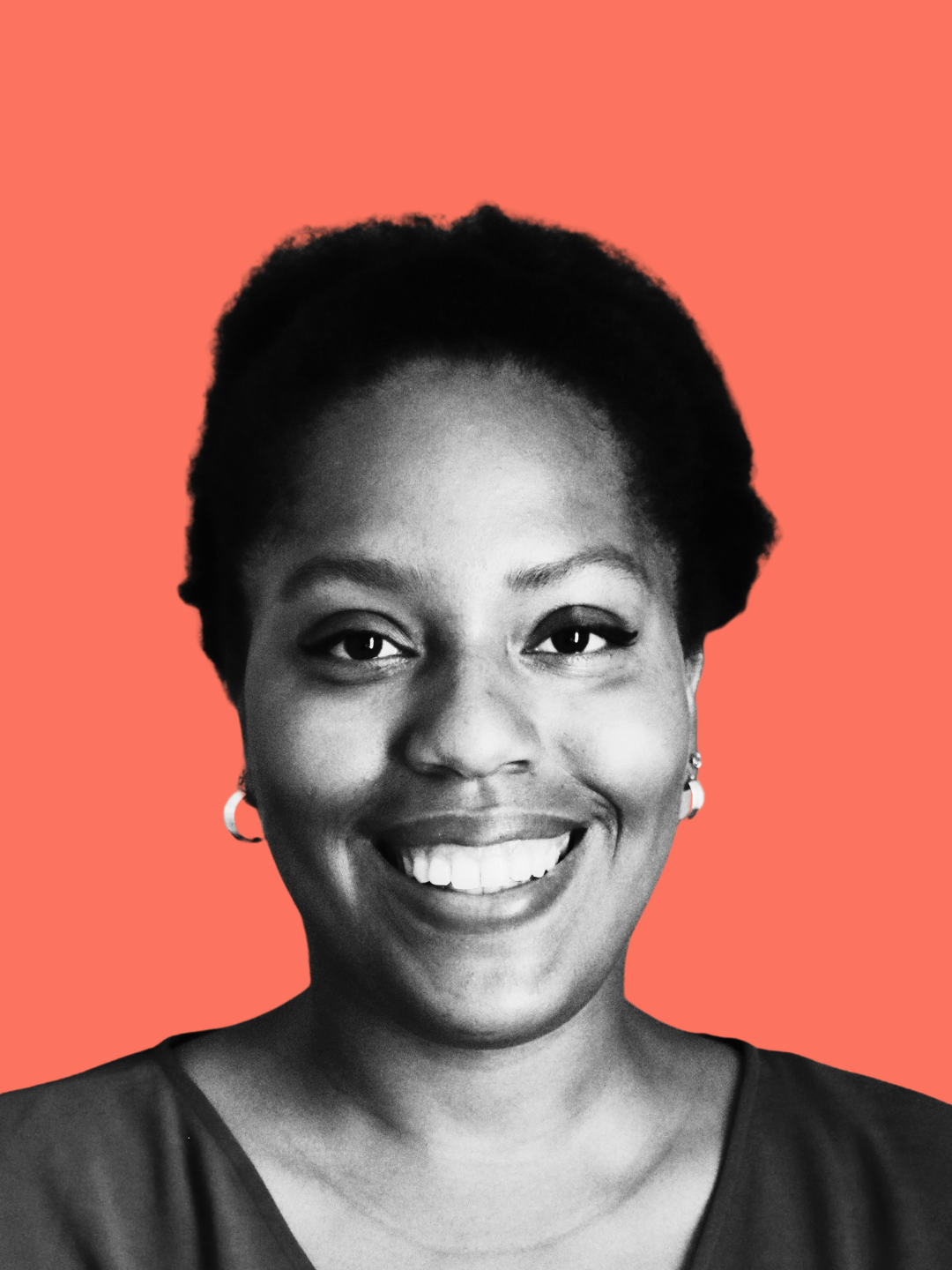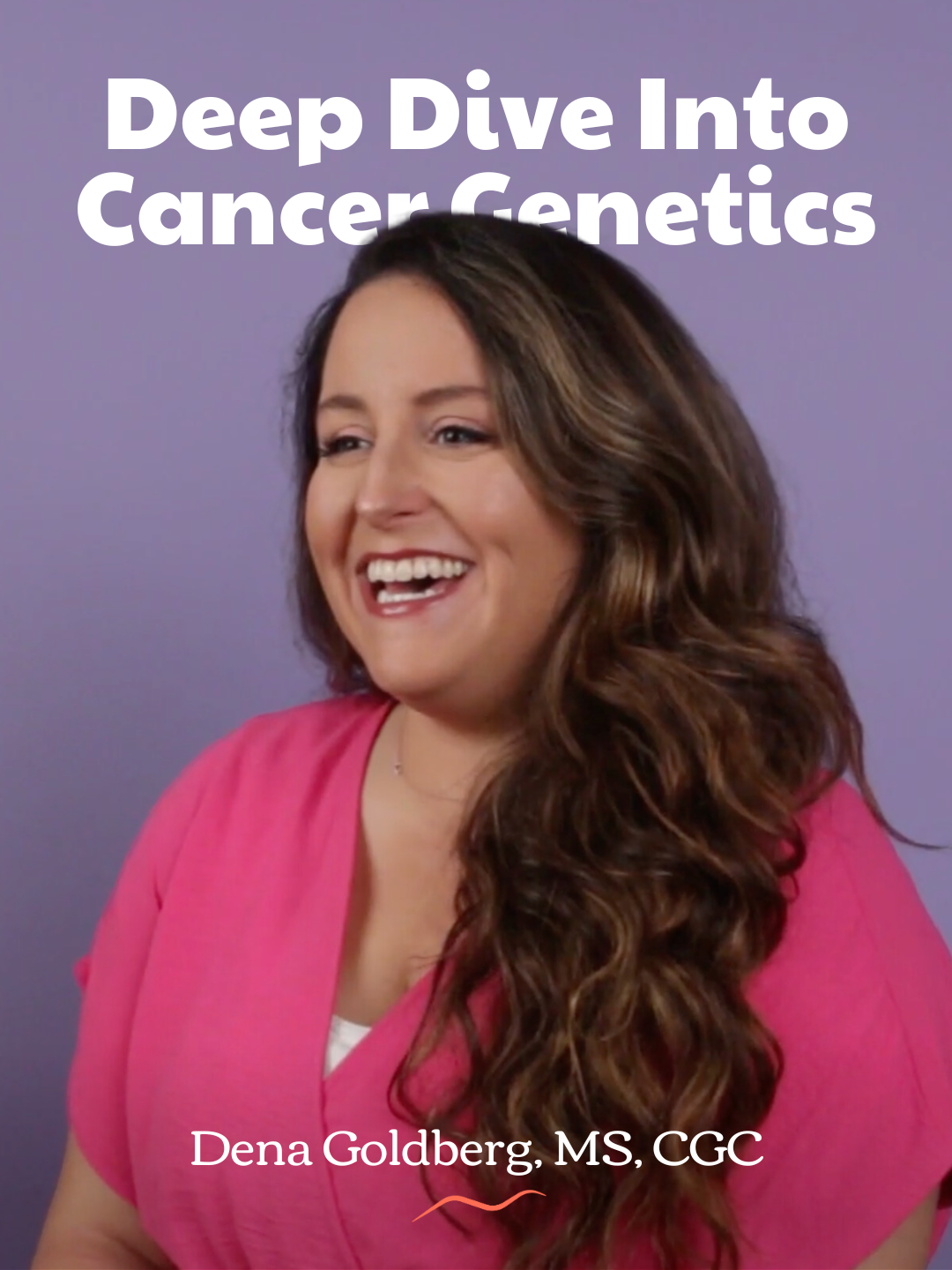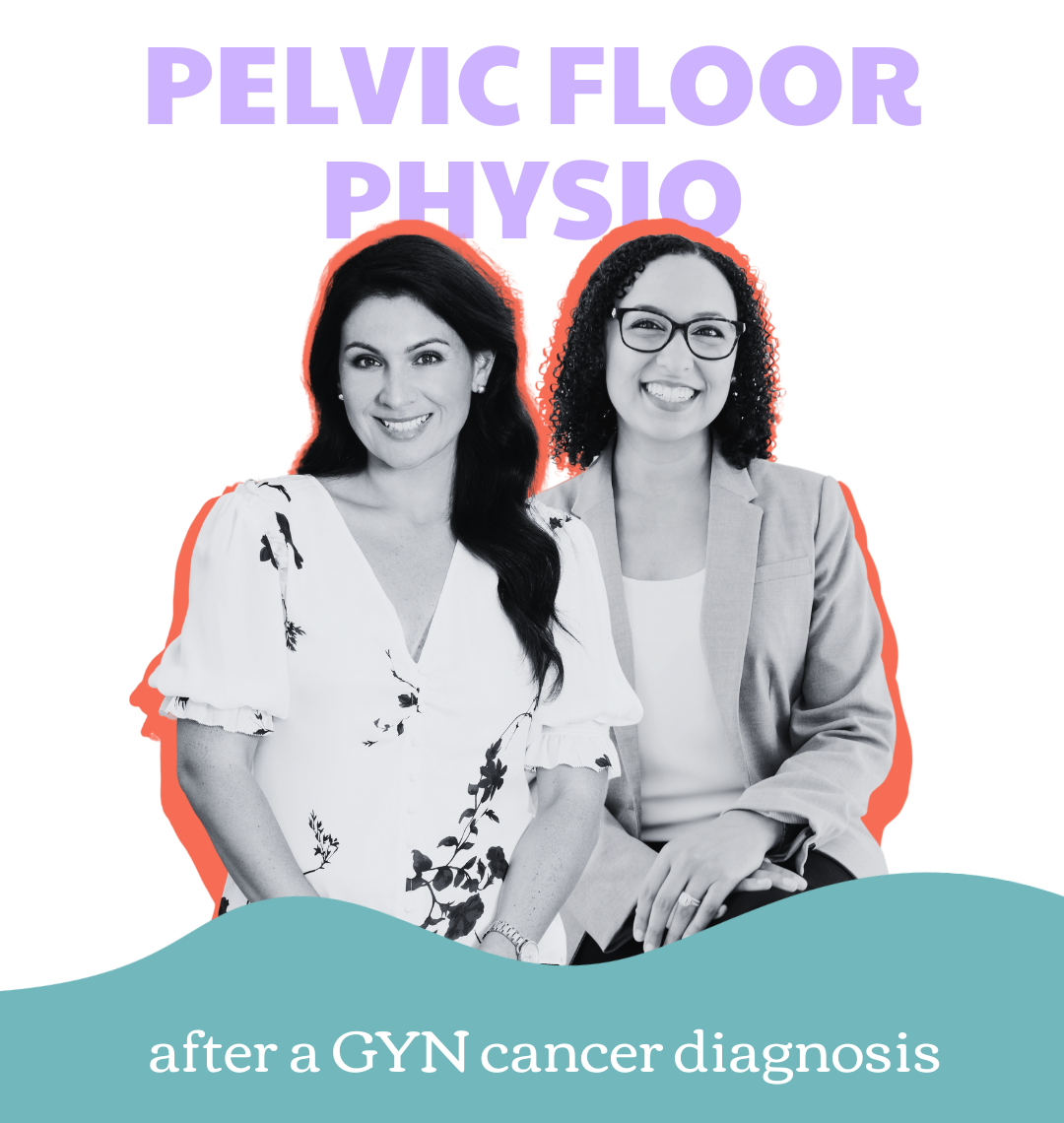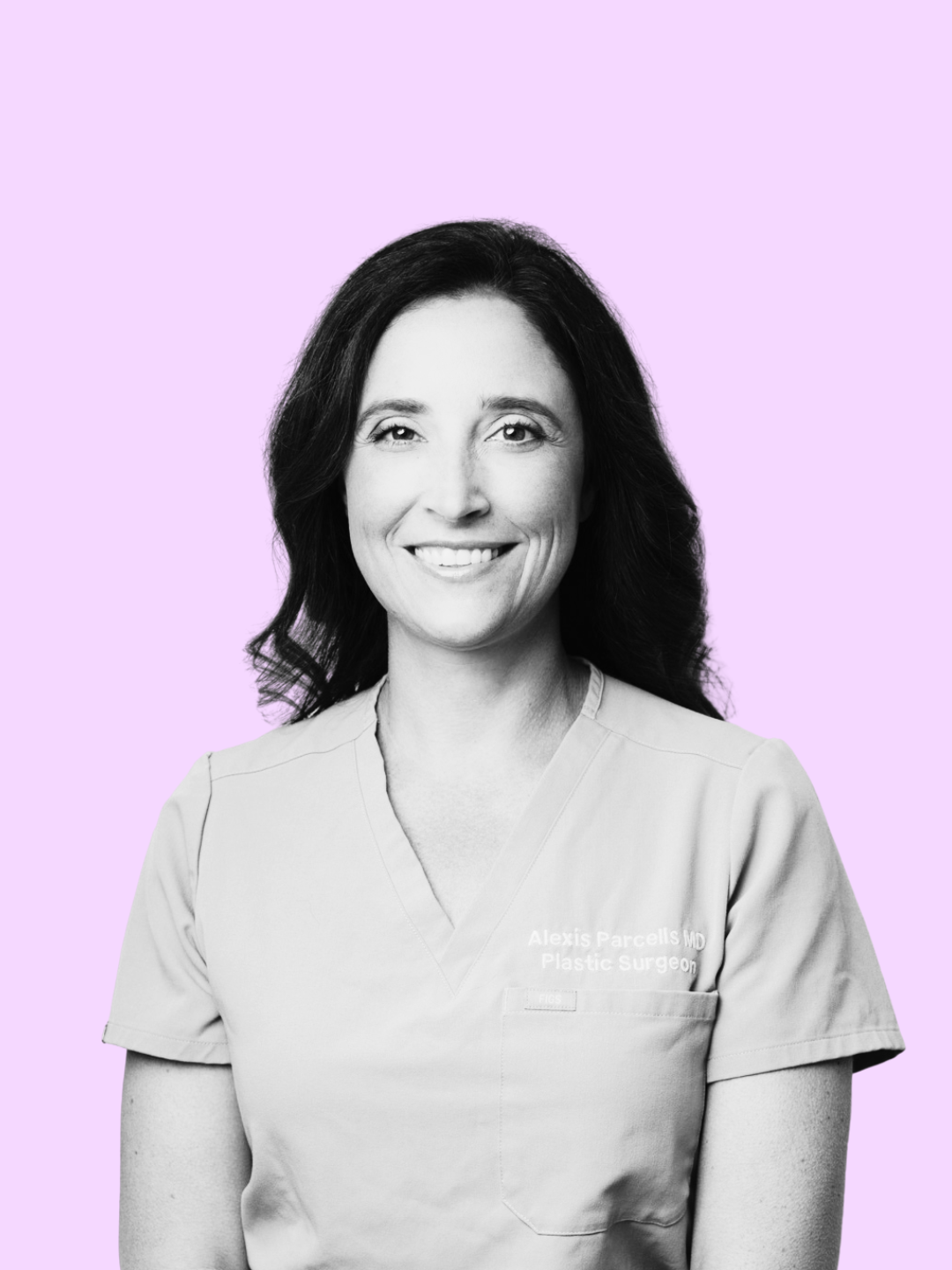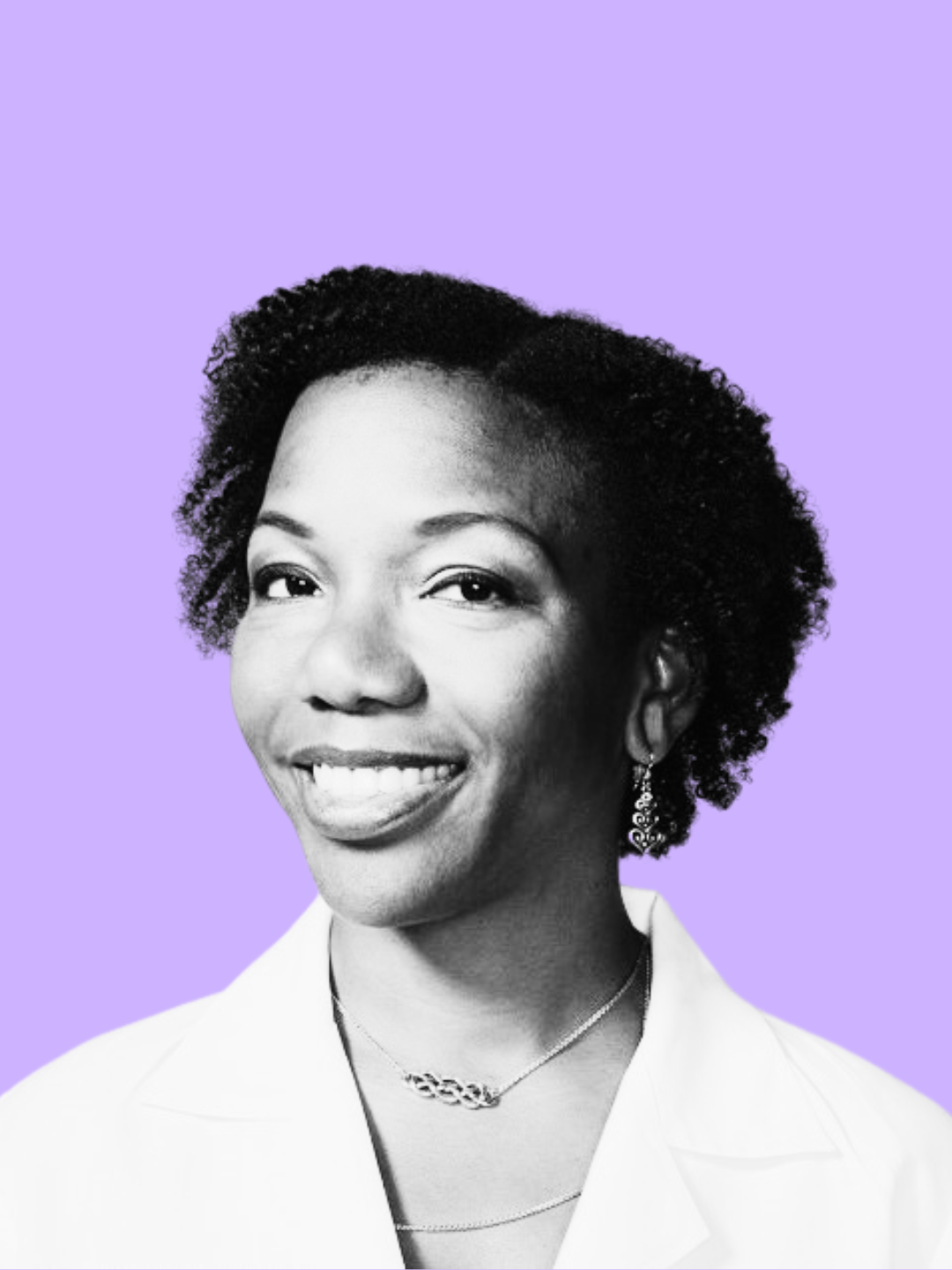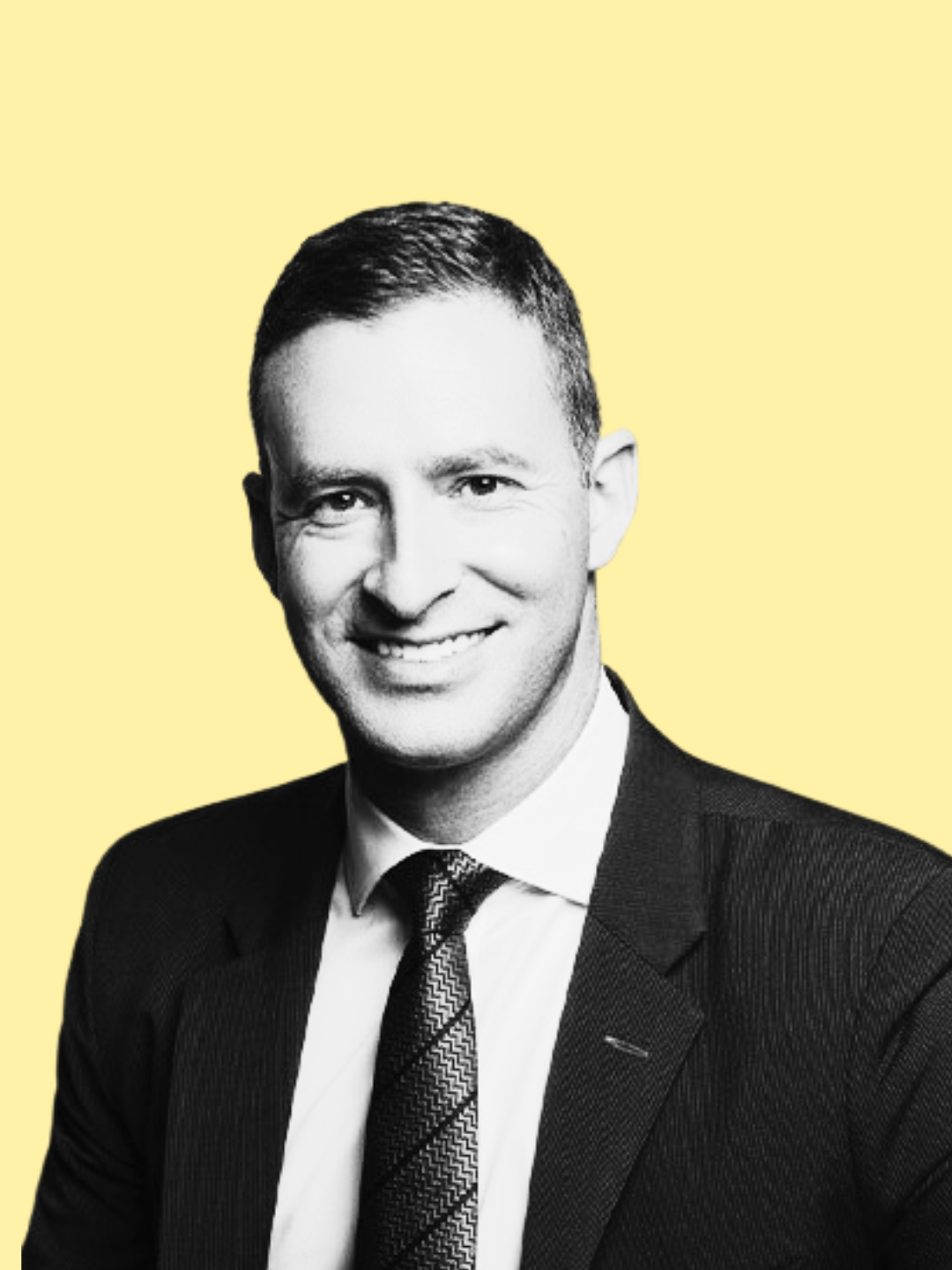Dr. Kara Smythe was born in Jamaica and grew up in St Lucia and Grenada. She graduated from Florida International University with a BSc in Biology. She then attended St George’s University where she obtained her medical degree. Always drawn to Women’s Health, Dr. Smythe completed her residency in Obstetrics & Gynecology at SUNY Downstate Medical Center in Brooklyn, New York.
She worked in Maine for six years, where she had the privilege of caring for an underserved population and delivering more babies than she can count!
Dr Smythe is a board-certified fellow of the American Congress of Obstetricians & Gynecologists, and her interests include improving maternal health, ensuring access to contraception, and promoting sexual health. She is also passionate about the ways in which public health policies shape individual health outcomes. She has a master’s in Population Health, and she is currently working towards a PhD that examines the contraceptive needs of Black British people.
From leading community conversations about sex positivity to video campaigns to help get cancer #OffOurChests, Dr. Kara Smythe is helping pave the way for fellow Breasties both in and outside her office. Here's what she wants you to know.
Navigating A Breast Cancer Diagnosis as a Medical Professional
THE PEAK: What’s your “Breastie” story? How has cancer impacted your life?
Dr. Kara Smythe: I was diagnosed with stage 2B, triple positive breast cancer in November 2016. I was diagnosed when I was 31, and like many young survivors, I found the lump myself. In fact, the lump was present for many months before I got it checked out, because I thought (hoped?) that as a young woman with no family history, a mobile five cm mass would turn out to be something benign like a fibroadenoma.
How wrong was I! I was studying for my board certification exams at the time, so once that was over, I asked my favorite midwife in my office to order me a mammogram. That Thursday afternoon (while on call!), the radiologist who read my mammogram recommended an immediate biopsy, and the next day I received the news: it was breast cancer.
I always hesitate to say that breast cancer changed my life, because life is never static, and so many other experiences have had a profound impact on the person I am today. But if I’m honest, the person I was before my diagnosis is someone unrecognizable to me. She feels like an entirely different person, like a close childhood friend who you love dearly but will never see again.
TP: Did your own diagnosis impact your work as a doctor? If so, how?
KS: I think there’s something really unique about premenopausal breast cancer survivorship. Having chemotherapy at that age, followed by years of ovarian suppression and estrogen blockers has a huge effect health and wellbeing, and I feel like young patients still aren’t really being served by current survivorship care.
Sexual difficulty is so common when young women are thrust into chemical menopause, and in the years after my diagnosis, I really worked to expand my knowledge in this area. Caring for people with sexual difficulties became an important aspect of my clinical work.
I also like to think that this experience made me a better doctor, a more patient doctor, and a better listener. As I navigated my own survivorship, I met many young women in various stages of survivorship and there was a common thread: many of them felt dismissed by their healthcare team. Nobody listened when they reported breast complaints, and delays in diagnosis were the norm rather than the exception. I have worked really hard to make sure that my own patients feel validated when they bring up health concerns, so as harrowing as this whole experience of breast cancer has been, it made me a better doctor for sure.
TP: What advice would you give to your younger self at the time of your own breast cancer diagnosis?
KS: Easy: you cannot be your own doctor. And everything will be a lot easier if you stop trying to do that.
Breast Health and Screening
TP: How often should someone practice a self-breast exam? Any tips?
KS: Recommendations for breast self-exam have been constantly shifting, but in my own practice, I am an advocate for breast self-awareness. This means an in-depth knowledge of how your breasts look and feel at baseline.
So spend some time getting to know your own breast tissue, remembering to include the armpit and the tissue all the way up to your collarbone. It doesn’t have to be a systematic exam in the way that’s traditionally been recommended, but using those instructions is as good a way as any to get to know your own breasts. I think if you know your body, and your breasts, then you are better placed to know when something doesn’t look or feel right.
TP: When’s the best time to get a mammogram?
KS: This is another point of debate within the medical community, as we are always trying to balance early diagnosis with unnecessary procedures. But I’m an OB-GYN so I stick to the rules set out by ACOG which is to begin screening mammograms at age 40, unless you have a significant risk factors
TP: What (if any) type of breast cancer screening should you do if you’ve had a mastectomy?
KS: People who have had bilateral mastectomies no longer need mammograms, but it's important to continue periodic examinations of the chest wall, as there is still a risk of local recurrence. Just as breast self-awareness is key, after removal of the breast tissue it is essential to be aware of what the scars normally feel like, how the skin looks, and what the reconstructed breast (if you have one) feels and looks like. That way, if something is different, you can let your doctor know right away.
Gynecological Health and Screening
TP: How often should someone have a pap smear or be seeing their Gynecologist?
KS: If you’re not at higher risk for cervical cancer, screening pap smears can be done every three years from age 21 to 29, and every 5 years after age 30 if you’re having an HPV test along with it. Many people can stop getting pap smears after age 65, or if they’ve had a complete hysterectomy (with the cervix removed), as long as there’s no history of abnormal pap smears or HPV.
The guidelines are always being updated, and every patient has unique circumstances which should be accounted for when you decide on screening. But even if you’re not due for a pap smear, I think it's important to continue yearly visits with your gynecologist, or a clinician who will manage your sexual and reproductive health. There are so many things that can be addressed at those appointments, such as contraception, sexual wellbeing, menstrual concerns etc.
TP: Is there a difference between a gynecologist and a gynecologic oncologist? Should those with high-risk in the community see both or one over another?
KS: Gynecologic oncologists undergo a fellowship after an OB-GYN residency, and they manage gynecologic cancers (uterine, cervical, ovarian, vaginal or vulvar cancer). Anyone who’s at high risk for one of these cancers should have a consultation with a gynecologic oncologist, and of course treatment for gynecological cancer would be managed by these specialists as well.
TP: A common question we receive from community members is: Are oral contraceptives safe if you’re impacted by breast and/or gynecological cancer?
KS: As a rule, those who have had breast cancer need to avoid oral contraceptives. Breast tissue has hormone receptors for estrogen and progesterone, the same hormones which are in oral contraceptives.
The picture is a little different for people at risk for breast or gynecologic cancer because oral contraceptives actually decrease the risk of ovarian cancer, but their impact on breast cancer risk isn’t as clear. So for instance, people affected by a mutation in BRCA1/2 genes who don’t have a personal history of cancer can absolutely use oral contraceptives for birth control, but this really requires an in-depth discussion with their healthcare team. A history of gynecologic cancer is much more complicated as it depends on what type of cancer, and the type of treatment, so that has to be taken on a case-by-case basis.
Pregnancy After Cancer and Self-Advocacy
TP: What resources would you recommend to someone looking into fertility / IVF / pregnancy after cancer?
KS: It’s important to have all the necessary specialists on board when you’re contemplating pregnancy after cancer. That starts with a discussion with your oncologist, working with a reproductive endocrinologist who can arrange IVF if needed, and finding a good obstetrician.
If you were able to have egg freezing before chemotherapy, then you could start by reaching out to the reproductive endocrinologist who arranged that. If you’re attempting to conceive naturally, then it’s a great idea to have a preconception consultation with your obstetrician to look over any medications you’re taking and make sure you start your pregnancy as healthy as possible.
TP: Any tips for advocating for what you want or need while at your doctor's office without going down a Dr. Google rabbit hole?
KS: I think Google leads to more questions than answers, but that’s perfectly okay. When you do come across things that don’t make sense, or you don’t understand, then write it down and bring it to your doctor’s office.
The goal should be shared-decision making, which means your doctor brings their biomedical knowledge, you bring your questions and concerns, as well as your own knowledge of your body and your experiences, and together you and your doctor work towards the best medical choices.
TP: Is there anything you’d like to add?
KS: Just a heartfelt thank you to The Breasties for the safe space they have created for those affected by cancer!
TP: Thank you so very much, Dr. Kara Smythe.
